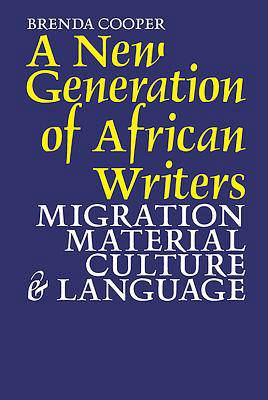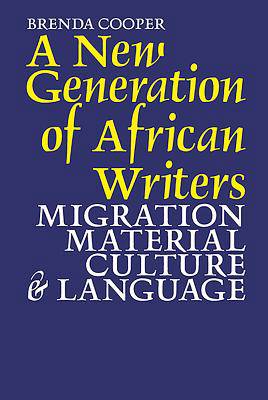
- Afhalen na 1 uur in een winkel met voorraad
- Gratis thuislevering in België vanaf € 30
- Ruim aanbod met 7 miljoen producten
- Afhalen na 1 uur in een winkel met voorraad
- Gratis thuislevering in België vanaf € 30
- Ruim aanbod met 7 miljoen producten
Zoeken
A New Generation of African Writers
Migration, Material Culture and Language
Brenda Cooper
Paperback
€ 29,95
+ 59 punten
Omschrijving
Brenda Cooper examines the work of the new generation of African writers who have placed migration as central to their writing
Specificaties
Betrokkenen
- Auteur(s):
- Uitgeverij:
Inhoud
- Aantal bladzijden:
- 192
Eigenschappen
- Productcode (EAN):
- 9781847010766
- Verschijningsdatum:
- 18/07/2013
- Uitvoering:
- Paperback
- Afmetingen:
- 156 mm x 234 mm

Alleen bij Standaard Boekhandel
+ 59 punten op je klantenkaart van Standaard Boekhandel
Beoordelingen
We publiceren alleen reviews die voldoen aan de voorwaarden voor reviews. Bekijk onze voorwaarden voor reviews.











